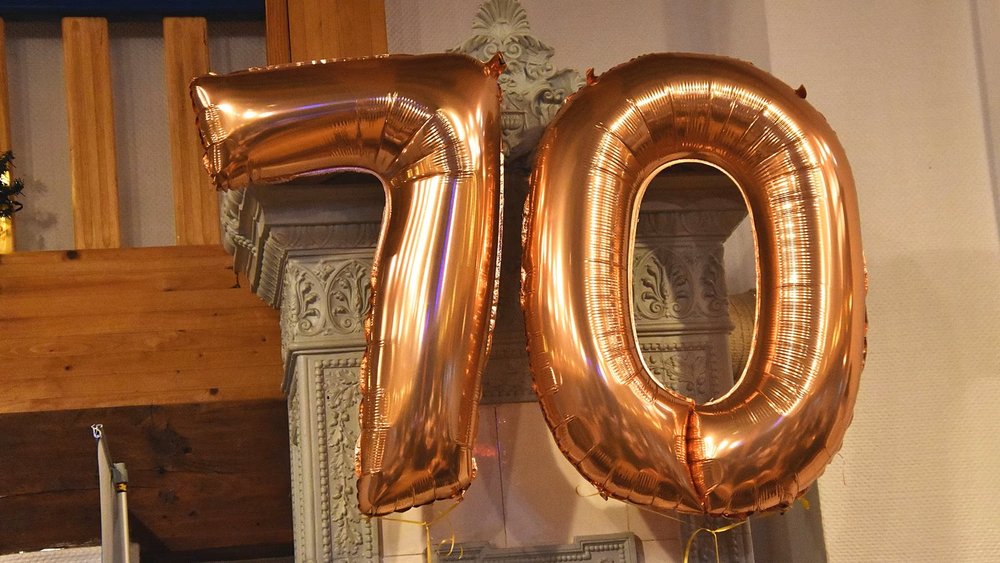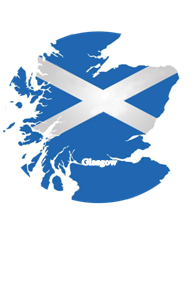RSGB video recap of Ofcom consultation results
News for England South-West – 14 January 2024
News for Wales – 14 January 2024
RSGB election nominations deadline – 31 January
Tonight @ 8 – WRTC update
IARUMS R1 Newsletter December 2023
Martyn Vincent, G3UKV – 3 January 2024
Website services scheduled downtime
NDR – Gruss an Bord: December 24, 2023

COPYRIGHT NDR
Live, off-air, three-hour recording of the 70th anniversary broadcast of the special annual Gruss an Bord program from German broadcaster NDR, Norddeutscher Rundfunk, on 24 December 2023 beginning at 18:00 UTC. The broadcast features music and greetings to and from mariners around the world. The Christmas greetings were recorded at two events in Leer and Hamburg.
Relatives and friends had the opportunity to wish their loved ones at sea a happy holiday and a happy new year. The Leer event was recorded on 10 December in the Kulturspeiche and featured the Bingumer Shanty Choir and Anne-Fleur Gabor and her band while the Hamburg event was recorded on 17 December in the Duckdalben International Seamen's Club featured the Swedish-South African duo "Fjarill." The broadcast was primarily in German with some greetings in other languages. Many of the songs were in English, too.
In addition to being carried on the NDR Info and NDR Info Spezial networks, the broadcast was transmitted around the world on shortwave using transmitters in Nauen (NAU), Germany; Issoudun (ISS), France; Tashkent (TAC), Uzbekistan; and Okeechobee, Florida (RMI), U.S.A.; and was organized by Media Broadcast.
The schedule (in UTC) was:
1800-2100 on 6030 ISS 250 kW / 251 deg to North/East Atlantic
1800-2100 on 6080 TAC 100 kW / 301 deg to West/Central Europe
1800-2100 on 9635 NAU 250 kW / 130 deg to Indian Ocean - West
1800-2100 on 11650 ISS 250 kW / 148 deg to Indian Ocean - SoAf
1800-2100 on 13725 NAU 250 kW / 205 deg to Southern Atlantic
1800-2100 on 15770 RMI 100 kW / 044 deg to North/West Atlantic
RMI, Radio Miami International, initially had problems with the start of the broadcast and missed about the first 17 minutes.
The recording is primarily of the transmission on the frequency of 11650 kHz for the first two hours and the first part of the third and 6030 kHz for the rest of the third hour as the signal degraded slightly on 11650 kHz with some adjacent frequency interference. Since the receiver was initially tuned to 15770 kHz at the beginning of the broadcast until retuning to 11650 kHz, the first minute and a half of the broadcast was replaced in the recording with the corresponding part of the archived NDR studio recording
The program was received outdoors on a Belka-DX receiver in pseudo-synchronous (AM2) mode with a bandwidth of 50 Hz - 2.7 kHz with a Tecsun AN-03L 7-metre wire antenna in Hanwell (just outside Fredericton), New Brunswick, Canada. Reception was good for the most part on both recorded frequencies.

